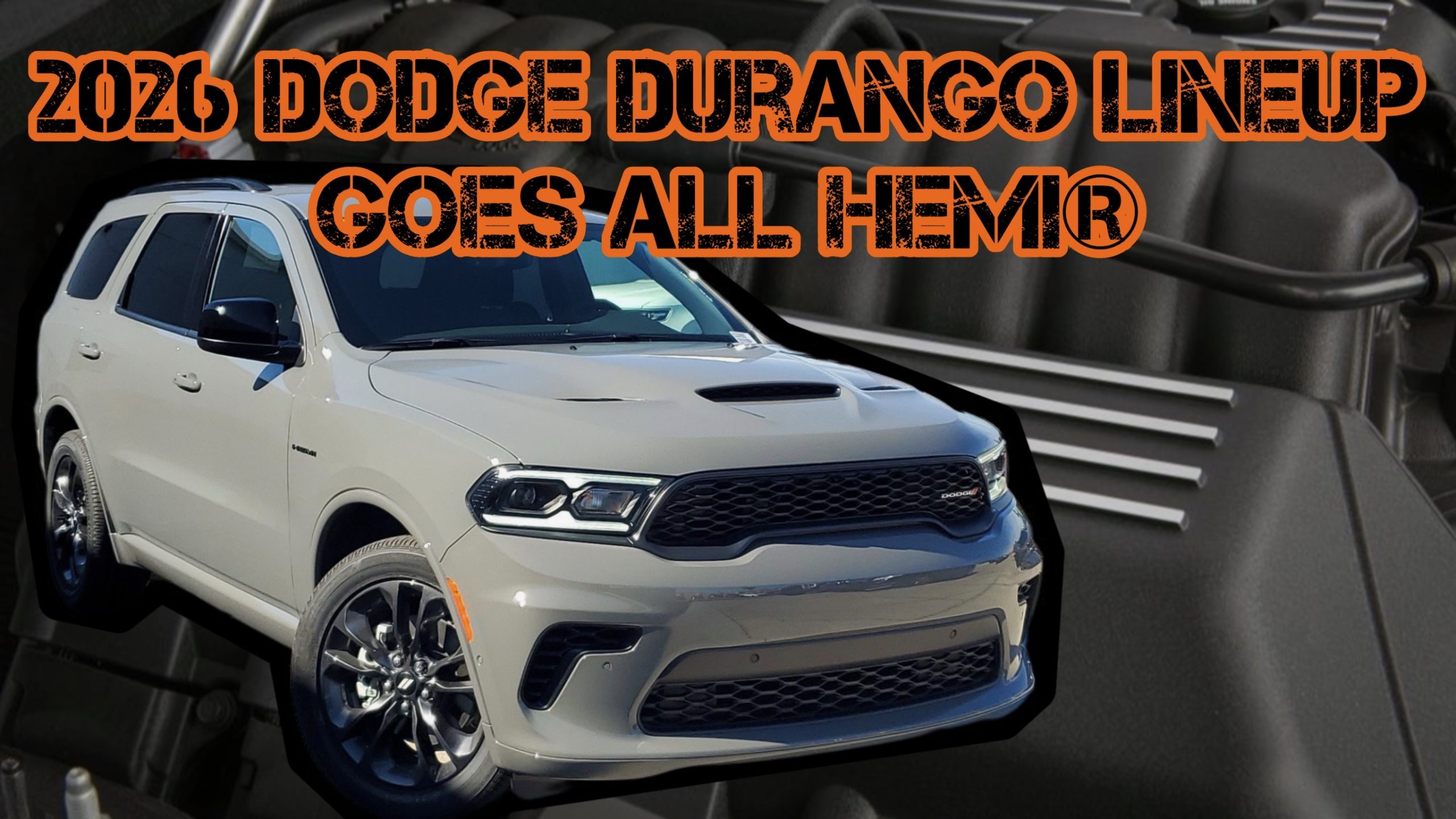There is a bit of irony in that ending the EV mandates will probably save battery electric vehicles. First of all this will allow the electrical grid and charging infrastructure a chance to catchup while the demand is low. In the US of A, the government was meddling way too much in the EV charging market. Millions were spent on a handful of chargers and a precious few of those are successfully operating. Privately funded networks such as Ionna are growing exponentially, while the bureaucrats cry over their funding drying up
Second of all, people are reluctant to change. Battery electric vehicles were (and are, depending where one lives) being jammed down people's throats. Consumers need to be free to choose. The battery electric Charger and Wagoneer S had terrible teething problems and even as things are fixed, they sill might not be what people asked for or want. Particularly in the case of the Stellantis brands, the marketing of electrified vehicles and electrification has been very poor.
Third, there is too much BS on both sides of the zero emissions debate. The general public is tired of the Chicken Little hysteria, while at the same time they're buying hybrids in record numbers. The exaggerated claims about charging speeds and range are met with much skepticism. Despite this, the EV sales growth has merely stalled and not collapsed as the doomsayers suggest. I'm sure sales will fall beck even more as the government sales subsidies end, but battery electric vehicles will find market niches to survive in.
Finally, there is going to be a hangover period after all the EV hysteria has blown over. The leased vehicles will run their term and enter the pre-owned market. Manufacturers are discounting heavily their glut on inventory. Many EVs will be at very attractive prices. This combined with the growth in supporting infrastructure will sustain electric drive technology.


 moparinsiders.com
moparinsiders.com
